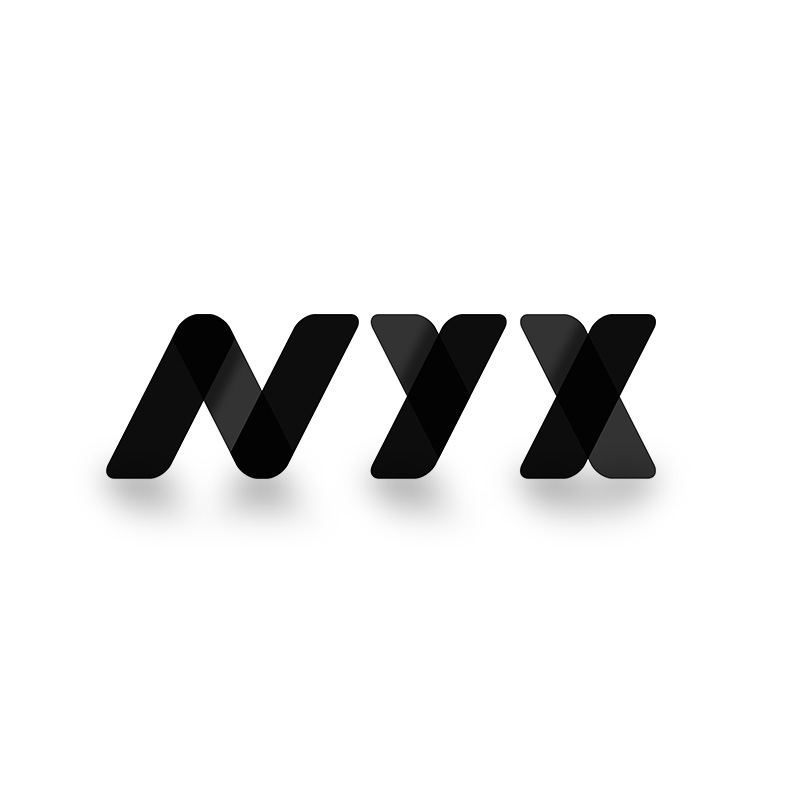The Most Popular Frameworks For Mobile App Development

We live in an age where we all are surrounded by thousands of gadgets. The role of various gadgets in our day-to-day life has become more prominent with every passing day. Today we are gonna talk about our favorite gadget, the smartphone. Beyond a shadow of a doubt, mobile phones are something which we can’t live without. Our entire life is packed in this little device. Be it birthdays, contacts, exercise regimes, daily schedule, banking, shopping or anything else, it’s all tucked in neatly in this device. With the demand for more and more apps, mobile app development has become a serious business leading to a high demand for app developers.
App developers use a lot of different mobile frameworks to develop the desired app. However, there are certain frameworks which are more popular and effective than others. Here are 7 of the most popular mobile app frameworks which can boost your mobile development skills.
1. Ionic
Over the past few years, Ionic has established itself as the new superhero in the hybrid mobile development community. Ionic gets an upper hand as it is fairly easy to use and learn. It also offers a library of optimized HTML, CSS, JavaScript CSS components, gestures & tools, and works with predefined components. The best part about Ionic is that it provides all the functionality which can be found in Native mobile app development SDKs. This means that when users build their apps on Ionic, they can access all native functions of the device including camera, contacts etc. Ionic also provides custom components and methods to interact with these native functions by using Angular.
![]()
2. Mobile Angular UI
Angular UI is an extension to Bootstrap 3 but without any dependencies on Bootstrap or Jquery. Angular UI uses fastclick.js and overthrow.js for a smoother and better mobile experience. This is the perfect combination of Angular and Bootstrap that maintains Bootstrap 3’s amazing syntax and adds popular mobile components such as witches, sidebars, overlays, scrollable areas, and fixed-positioned navbars.

3. jQuery Mobile
Built on the already popular extension to JavaScript, there was no surprise when jQuery was also included for mobile development. jQuery is an excellent mobile framework to create cross-platform apps for desktops, laptops, smartphones, tablets or e-reader devices like Nook or Kindle. jQuery mobile is built on solid jQuery and jQuery UI foundation which makes it a complete framework to build apps that can run seamlessly on mobiles, tablets, and web. jQuery focuses more on the performance of the app rather than providing a Native look.

4. Xamarin
Xamarin was introduced back in 2011 and has gained massive popularity since then. It works with the mono framework to communicate with the API. It comes with a C# Codebase which allows developers to write Native apps for Android, iOS, and Windows. One of the most interesting features of Xamarin is that you can directly test your app on the cloud while you are monitoring them.

5. Appcelerator
Appcelerator writes applications in JavaScript and runs them on a Native platform with the use of its Titanium SDK. This cross-platform development software focuses on producing Native apps and offers more than 5000 APIs for Android, iOS, Windows, Blackberry, and HTML5. Appcelerator is not that easy to use as compared to its counterpart but is best known for its performance and extensive feature set.

6. PhoneGap
PhoneGap is the brainchild of Adobe. PhoneGap is a combination that not only allows users to create their apps using HTML, CSS, and JavaScript but also package the app, make it portable, and release it to multiple app stores. It can also extend the features of HTML and JavaScript to create apps with Native look and feel. Cordova provides a set of JavaScript APIs that allows the app to use Native functions such as Camera, Compass, Geolocation, and Contacts. PhoneGap also supports multiple operating systems such as iOS, Android, Windows, Blackberry, Web OS and many more.

7. React Native
React Native separates itself from rest of the frameworks in this list by shifting its focus from creating Hybrid apps to creating real Native apps. React Native was designed by Facebook on the basis of React and was derived from their Ads Manager app. It comes with fast development cycles and declarative self-contained UI components while retaining the feel and speed of Native apps. The application logic is written and run in JavaScript while the UI is fully Native. This offers developers a chance to maintain the look and feel of a Native app without using the traditional languages.

To Conclude
While there are plenty of other mobile development frameworks available for users, these are the topmost frameworks that offer a simple and easy way to develop apps. If there are any other frameworks which are your personal favorite, do let us know in the comment section and for any other discussion related to mobile app development, talk to our experts NOW !

